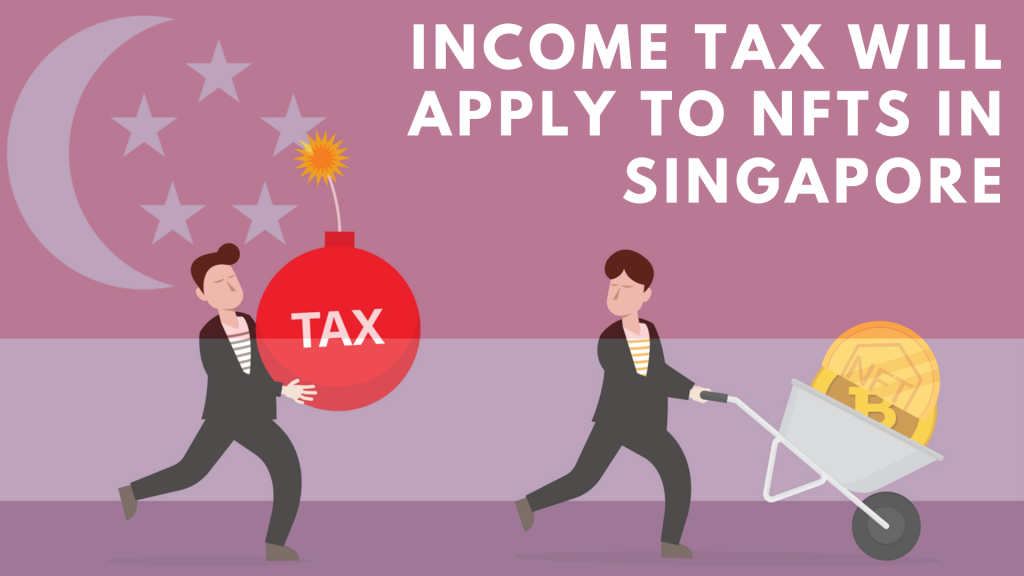During the latest parliamentary question directed to Singapore finance minister Lawrence Wong, the “prevailing income tax rules” will apply to income derived from NFT transactions.
He mentioned that “the income tax treatment of NFTs will be determined based on the nature and use of the NFT. Generally, a person deriving income from NFT transactions or from trading NFTs will be subject to income tax on such income”.
However, as Singapore does not have a capital gains tax regime, capital gains derived from NFT transactions will not be taxable.
So what is the difference between Capital gains and Investment Income?
The difference between capital gains and derived income
From my understanding the difference lies in the source of profit. Capital refers to the initial sum invested, therefore capital gains is the profit realized when an investment is sold for a higher price than the original purchase price.
For example, if you bought an NFT for US$10 and the popularity of the NFT grew massively overnight. Now, the value of your NFT increases to US$20 and your total investment is now worth US$20. If you sell the NFT at market value, the total income will be US$20, and the capital gain in this NFT investment will be US$20 – US$10 = US$10.
Since Singapore does not have a capital gains tax regime, the capital gains of US$10 will not be taxable.
However, if you are a full-time trader and you derive your income simply from trading, such gains from activities can be considered as taxable income.
For example, you are a full-time NFT trader and your main source of income lies in you flipping NFTs on a daily, the US$10,000 you get from flipping NFTs will be taxable.
Closing thoughts
In an article reported by CNA last week, Tharman Shanmugaratnam, Head of the Monetary Authority of Singapore (MAS), cautioned that NFTs are not suited for individual investors
While the MAS does not presently regulate NFTs, Shanmugaratnam highlighted that if they exhibit the features of capital markets products under the Securities and Futures Act, they may be subject to regulatory obligations.
In my opinion, it would be difficult to identify individuals who make their living purely from full-time NFT trading due to the high level of anonymity in the NFT industry.
I also have friends who are making a fortune (possibly even more than their full time income) just by flipping NFTs — but which category should we consider them under?
[Editor’s Note: This article does not represent financial advice. Please do your own research before investing.]
Featured Image Credit: Chain Debrief
Also Read: Market Debrief: Luna Breaking ATH, Biden’s Crypto Executive Order, Are NFTs Becoming Cold?



































